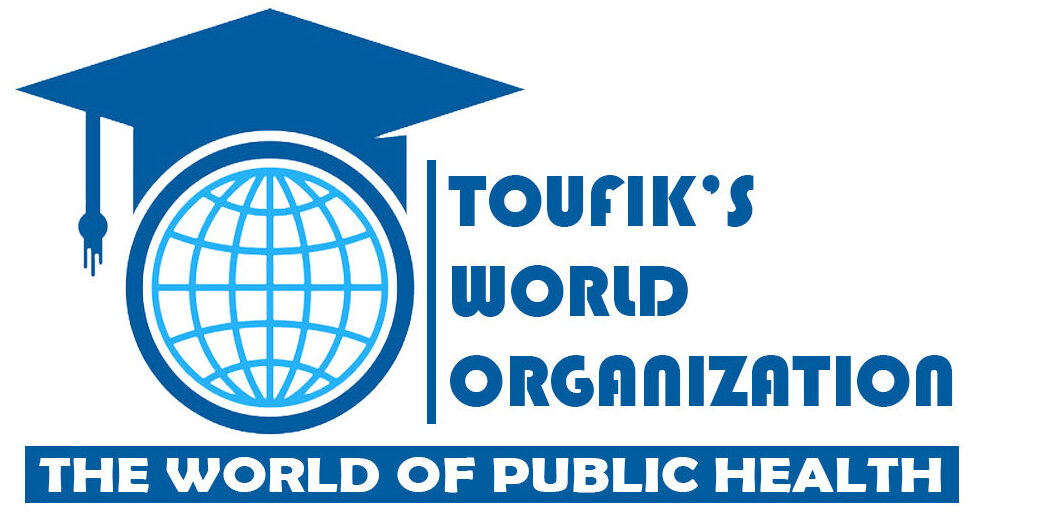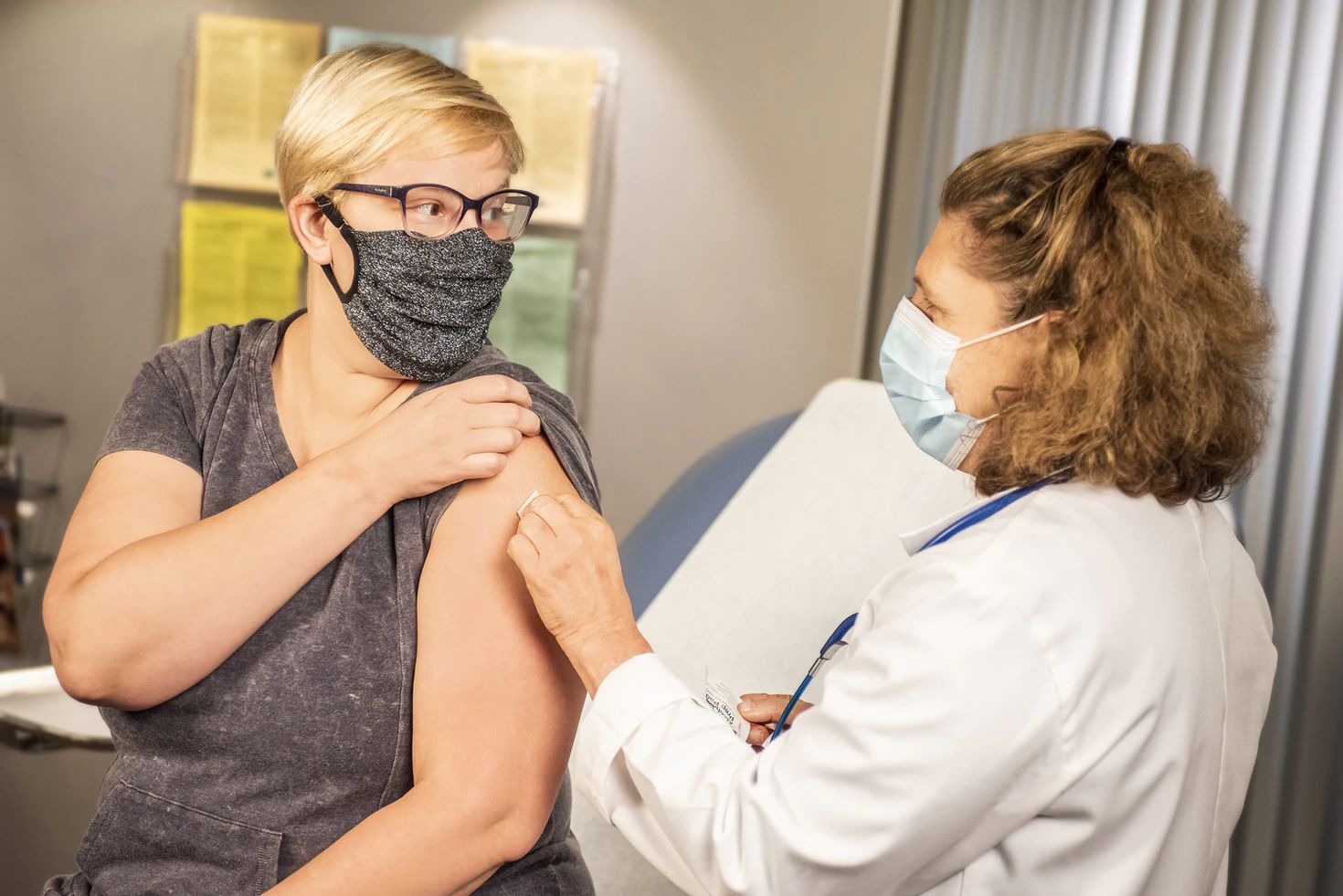Credit: Unsplash
This article was written for Toufik’s Guide Magazine by Abiola Asekun. Statements or opinions expressed in this content strictly reflect the views of the author and not that of Magazine’s.
It is no secret that COVID-19 wreaked havoc on our society; in fact, we are still recuperating. Individual nations and the WHO have tried a variety of methods to combat the spread of COVID-19 and reduce the mortality rate, including quarantine, the use of face masks, social distancing, and, most recently, the development of the COVID-19 vaccine. The COVID-19 vaccine has proven to be quite effective in combating the disease, but it, like many other brilliant plans and concepts, is not without its flaws. Since COVID-19 was declared a pandemic, a number of vaccine candidates have been approved for emergency use in a number of countries. The vaccine’s effectiveness, however, is determined not only by its efficacy but also by its uptake. Vaccine hesitancy is acknowledged as the world’s largest hazard to public health safety, according to the World Health Organization (WHO). Vaccine apprehension might stem from a lack of understanding, erroneous religious views, or anti-vaccine propaganda. Scientists have looked at this and used the 5Cs model to explain why people react differently to vaccines. These are some of them;
Confidence
This refers to a person’s faith in the vaccine’s safety and efficacy, as well as the health services that provide them and the policymakers who decide on their implementation. Many people still believe the COVID-19 immunization program is dangerous, believing it causes autism, autoimmune disease, infertility, and other problems, especially in people who have other underlying disorders like asthma, diabetes, cardiomyopathy, or are immunologically weak.
Complacency
Whether or not the person considers the disease itself to be a serious risk to their health. In some places, the existence of COVID is intangible, and some individuals find it hard to believe that a flu-like illness could be life threatening. Some believe that COVID-19 is a business for health care workers.
Calculation
The individual’s engagement in extensive information searching to weigh up the costs and benefits. The fact that being vaccinated does not make one fully immune makes one wonder: why bother getting vaccinated? It discourages people.
Constraints (or convenience)
The vaccine’s ease of availability for the individuals in question.
Collective responsibility
The willingness to protect others from infection through one’s own vaccination is diminished by a lot of Conspiracy theories. This affects the mindset of people towards being vaccinated and a need to protect others as they don’t believe it’s actually a disease. Many people believe that it is a punishment from God, whilst some believe it is 5G technology. Some people also consider both the vaccine and the disease to be bio-warfare weapons.
What is the way forward?
With sufficient instruction, over 80% of the issues associated with the COVID-19 vaccine may be overcome. One of the most important areas that need to be improved in order to raise awareness is community education. Social media is also an excellent method for disseminating information about the vaccine’s benefits and effectiveness to the general public. We need to urge public figures (religious leaders, celebrities, etc.) and non-governmental organizations (NGOs) to use their platforms to educate people about the vaccination and dispel any misinformation or conspiracy theories about its benefits. People will be enlightened, their confidence will be boosted, their complacency will be increased, and they will realize that the vaccine has done more good than damage.
Once sufficient education has been established, we must ensure that the vaccine is made available and close to individuals in order to reduce inconvenience and discouragement.
References
- Ullah, I., Khan, K. S., Tahir, M. J., Ahmed, A., & Harapan, H. (2021, March 11). Myths and conspiracy theories on vaccines and COVID-19: Potential effect on global vaccine refusals. Vacunas. Retrieved November 8, 2021, from https://www.sciencedirect.com/science/article/pii/S1576988721000108.
- Robson, D. (2021). Why some people don’t want a covid-19 vaccine. BBC Future. Retrieved November 8, 2021, from https://www.bbc.com/future/article/20210720-the-complexities-of-vaccine-hesitancy.
- Forman, R., Shah, S., Jeurissen, P., Jit, M., & Mossialos, E. (2021, March 26). Covid-19 vaccine challenges: What have we learned so far and what remains to be done? Health Policy. Retrieved November 8, 2021, from https://www.sciencedirect.com/science/article/pii/S0168851021000853.
About the Author
Abiola Asekun is a 4th year medical student at Sumy State University, Ukraine. She is currently the assistant head of education for incision Ukraine. Due to her passion and love for education, she has participated in different conferences both medical and non-medical. She is very dynamic in learning from all fields, she is Dependable, ready to learn, aspiring to specialize and seize new opportunities, looking to improve current medical skills by studying the analytical parts of medicine. In her spare time, she loves to read, watch educative videos, cook, and go on walks.

